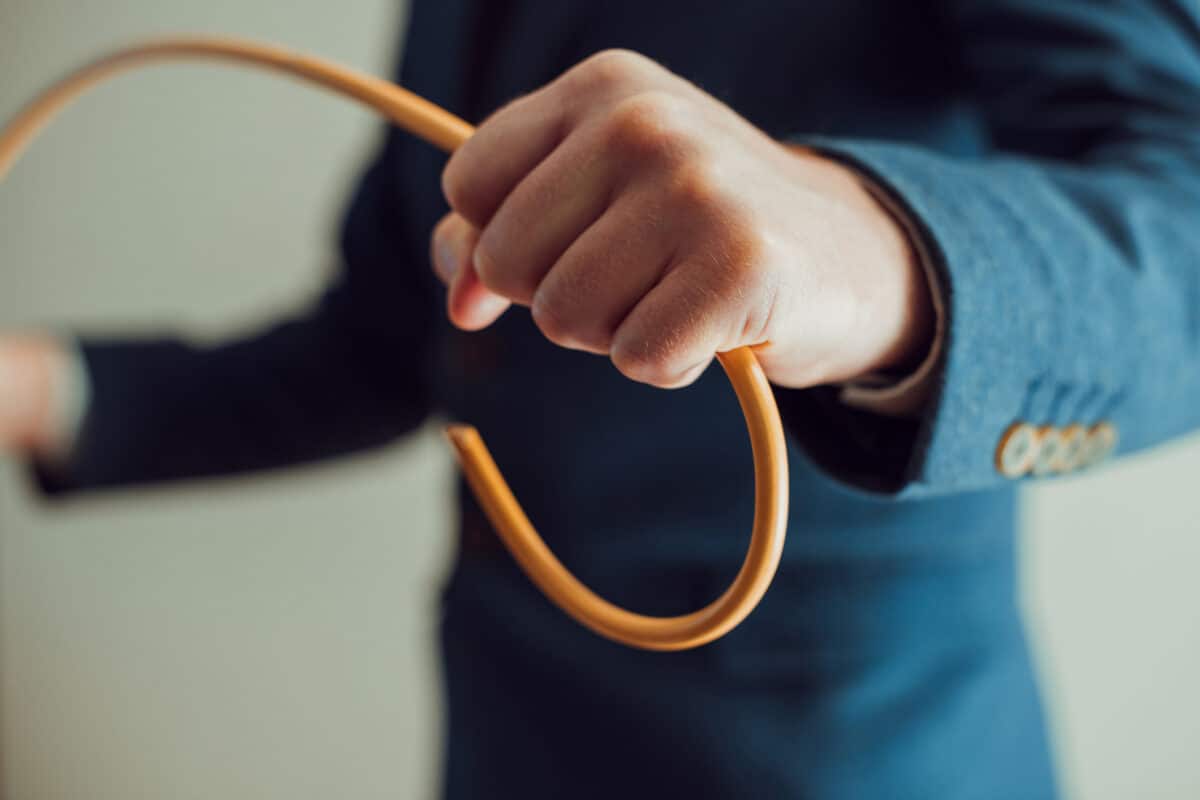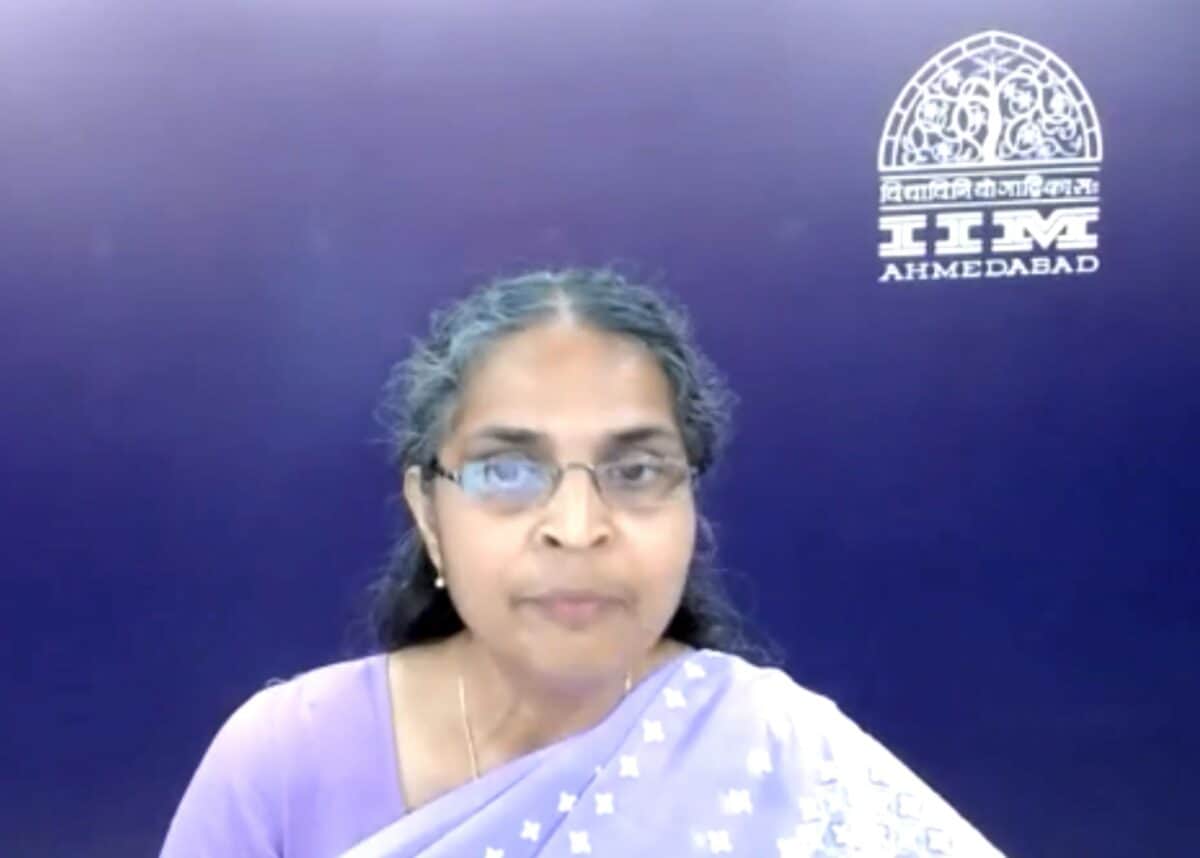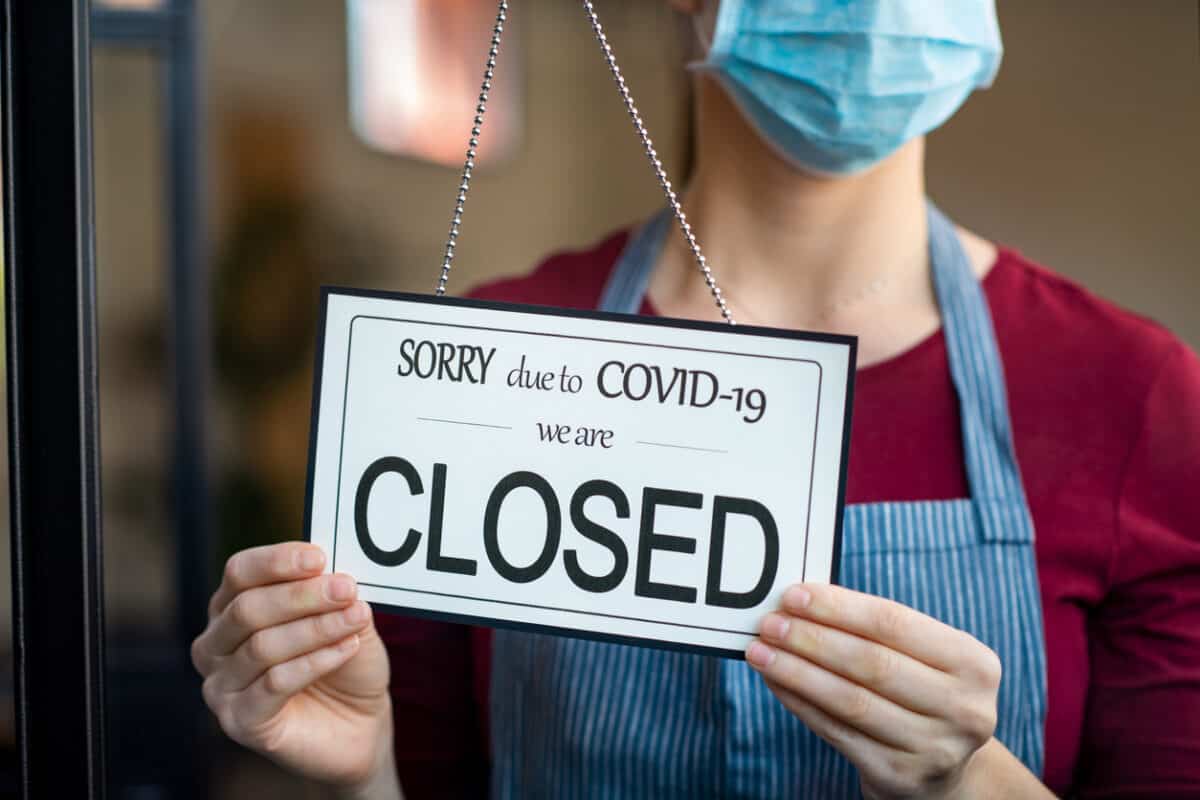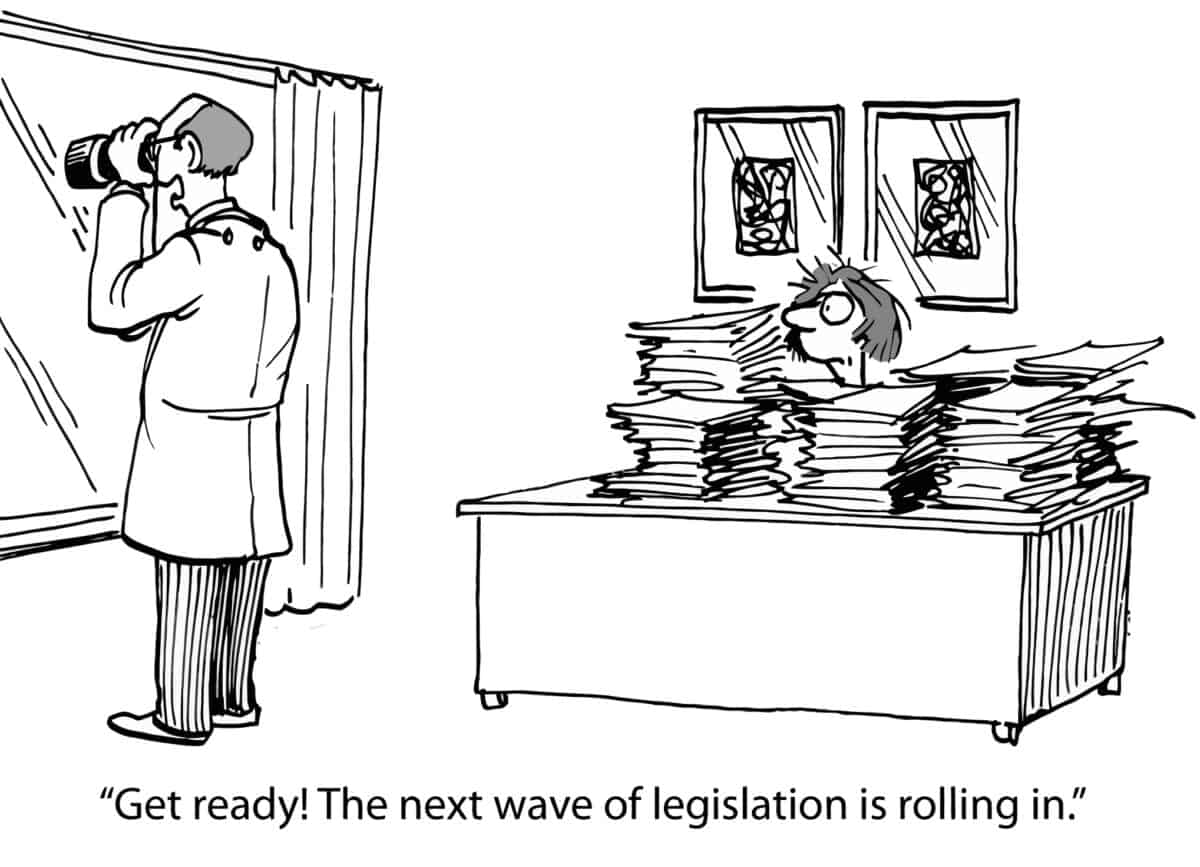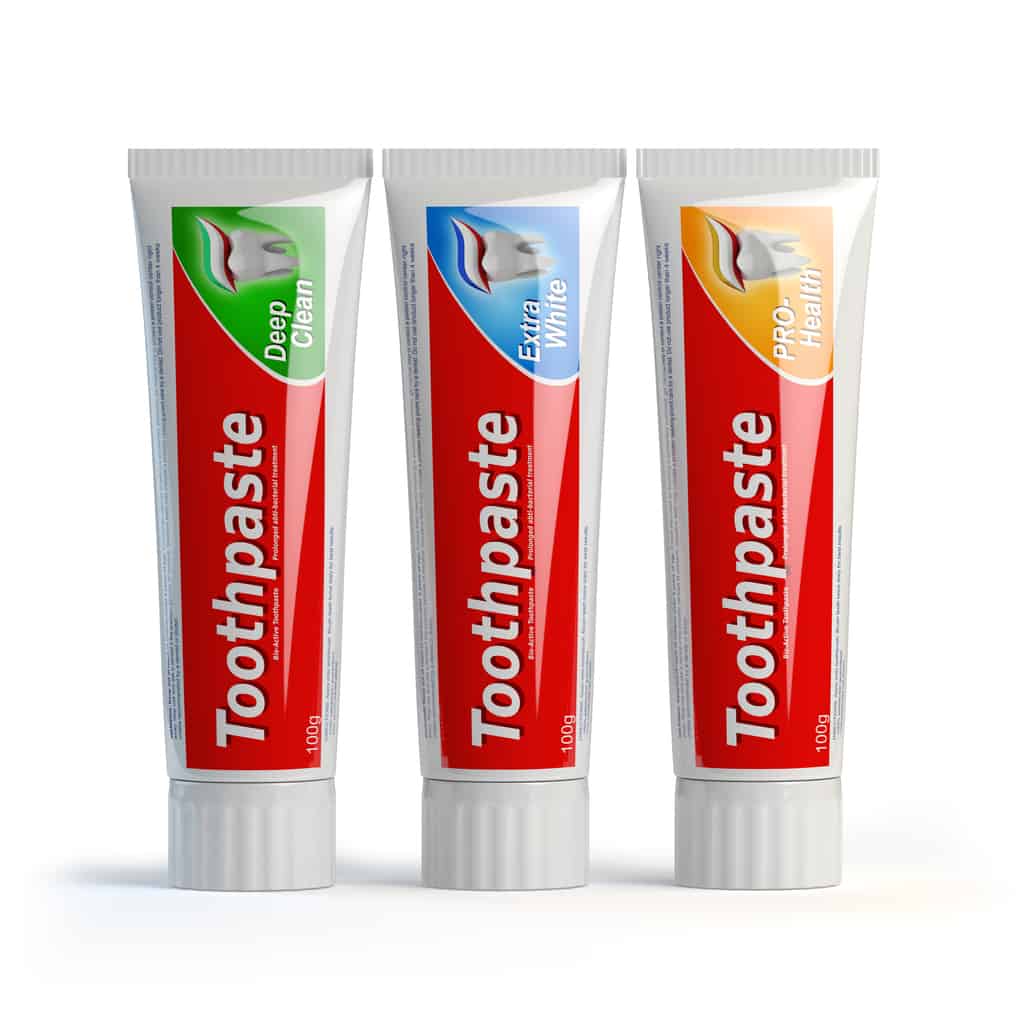The State of Victoria had a big week on mental health, with the Labor Government allocating billions of dollars to the improvement of the mental health of its citizens. Much of the justification for the spend (and the imposition of a mental health levy on large companies) is in response to the recent Royal Commission into Mental Health Systems. Workplace health and safety was on the agenda in that Royal Commission. Hence, it is worth looking at how, or if, this recent Budget helps employers improve the psychological health of their workers in anticipation of new regulations on this hazard promised by Victoria’s Minister for Workplace Safety, Ingrid Stitt.
Category: psychiatric
Non-military safety lessons from the latest Royal Commission (open access)
The Australian Broadcasting Corporation broadcast an episode of The Signal on April 21, 2021, which discussed the complexity of the culture of Australia’s military, and I strongly recommend you listen to it. It does make some points about culture worth contemplating in the context of one’s own workplace and profession.
The most useful point was that an established institution cannot have a uniform culture that meets the expectations of all relevant stakeholders. Generations take their culture with them. So those who started in the military in the 1980s and 1990s (and later) will bring the values and lessons of that time into their maturity and when they move into senior and leadership positions – positions that are intended to both preserve and progress the organisation’s culture. This will result in conflict between the expectations of new recruits and the realities of the established military executives. Not open revolt, but a dissatisfaction that may or may not result in leaving the organisation.
The topic used by The Signal to illustrate the extremes of the defence force members and stakeholders was mental health.
Continue reading “Non-military safety lessons from the latest Royal Commission (open access)”International perspective on bullying and harassment
In April 2021 the International Association on Workplace Bullying and Harassment conducted its 2002 conference online. The conference was enlightening for its inclusivity.
Many Western countries categorise work-related mental health as if they have minimal overlap. Workplace bullying is often seen as its own discipline with its own guidances, analyses and supporting industries. This can be convenient and has evolved from a reactive and often shallow response from Government.
This structure was acknowledged at the conference but many of the presentations ignored it and spoke about worker health, safety and welfare in the broadest terms.
The conference also balanced detailed local research with broad global contexts. This is the first of a series of articles based on presentations at the conference
Mental Health Crisis? What Crisis?
On April 16 2021, the Guardian newspaper included letters from two clinical psychologists (paywalled) that contradict each other on the reality of COVID-19-related mental health. Dr Lucy Johnstone wrote that it was essential that society builds itself to be better post-COVID-19 and that:
“The “mental health pandemic” trope simply does not fit the evidence. Yes, some people have suffered greatly, but the overall picture is of a population that is largely resilient, although understandably bored, lonely and frustrated at times.”
and
Continue reading “Mental Health Crisis? What Crisis?”“It should surprise no one that people with more to be depressed and anxious about are feeling more depressed and anxious. Reframing understandable responses to difficult life circumstances as “mental illness” plays into professional interests and political denial.”
A closer look at the positive duty to prevent sexual harassment
The big occupational health and safety (OHS) news in Australia has been the release of the federal government’s response to the Respect@Work report on sexual harassment in Australian workplaces. And the biggest issue in that response seems to be the government’s lack of enthusiasm for a major recommendation of Sex Discrimination Commissioner Kate Jenkins, the inclusion of a positive duty in the sexual discrimination legislation. Many lawyers have been asked for their opinions on the government’s response, but very few OHS professionals.
Wage theft and work health and safety
Many large and small Australian businesses have been exposed as underpaying staff. This exploitation is gradually being addressed in law firms, according to a report this morning in the Australian Financial Review (paywalled). In the context of occupational health and safety (OHS) though, the description in the first paragraph of “crippling workloads” is an important mention of relevance.
Reporter Hannah Wootton and David Marin-Guzman do not focus on the OHS and mental health aspects of these workloads in this article as underpayment is the focus, but they touch on OHS matters later when mentioning the Hayne royal commission:
“The royal commission sparked reports, including to workplace safety regulators, of crippling work hours that put lawyers’ health at risk and resulted in many sleeping at work.”
Now there is too much mental health information, and it’s like toothpaste
Australia is experiencing a boom in occupational health and safety (OHS) information about work-related psychological harm, including sexual harassment at work. This level of information is long overdue, but a consequence of this “boom” is that employers can be very confused about which information to use and which source they should trust or even what relates to their specific circumstances, especially after years of denying there is a problem.
Putting on my consultant hat, I would advise any State-based organisation to comply with the OHS guidances issued by that State’s OHS regulator. If a national company, look towards the guidance of Comcare or Safe Work Australia for the national perspective. The challenge is greater for companies that operate in multiple States, but these have been rumoured to be less than 10% of Australian businesses. If multi-State, they should be big enough to have the resources for OHS compliance.
However, some State-based mental initiatives have evolved into a national platform.

